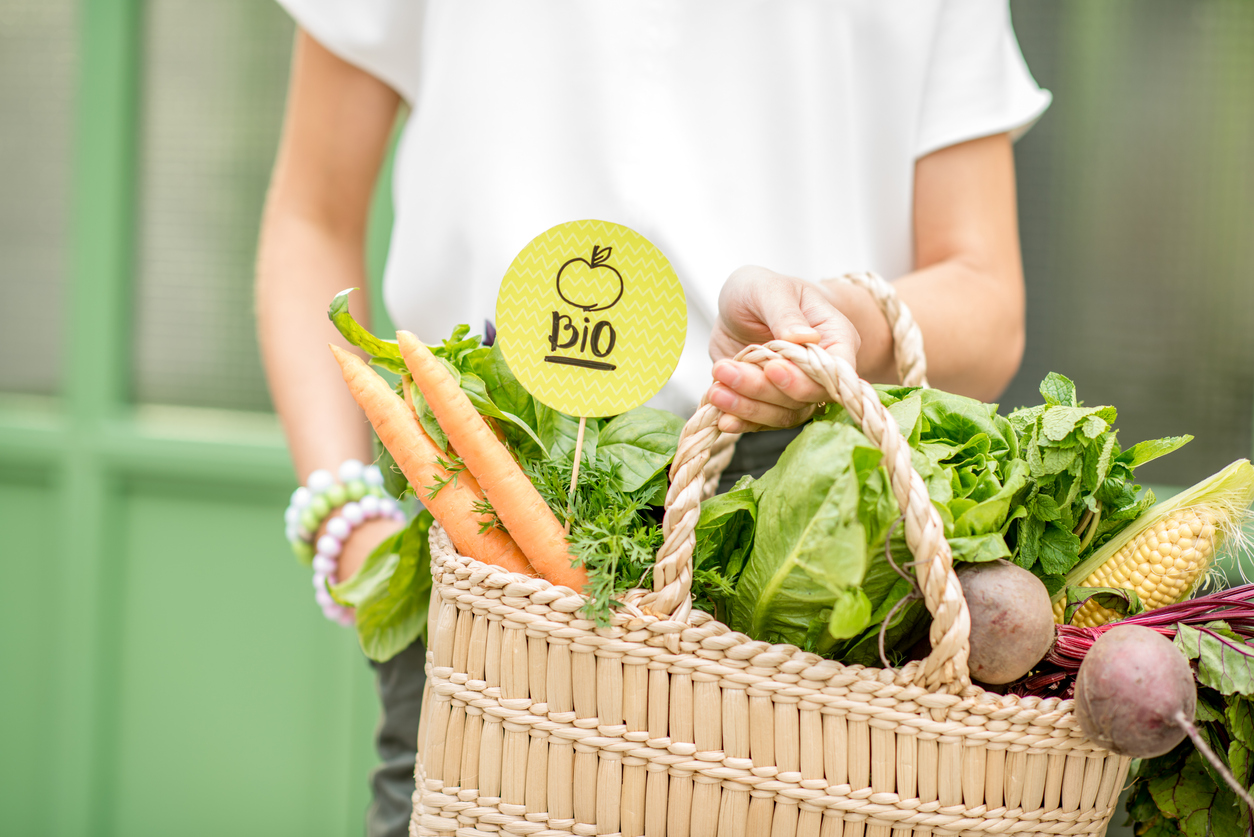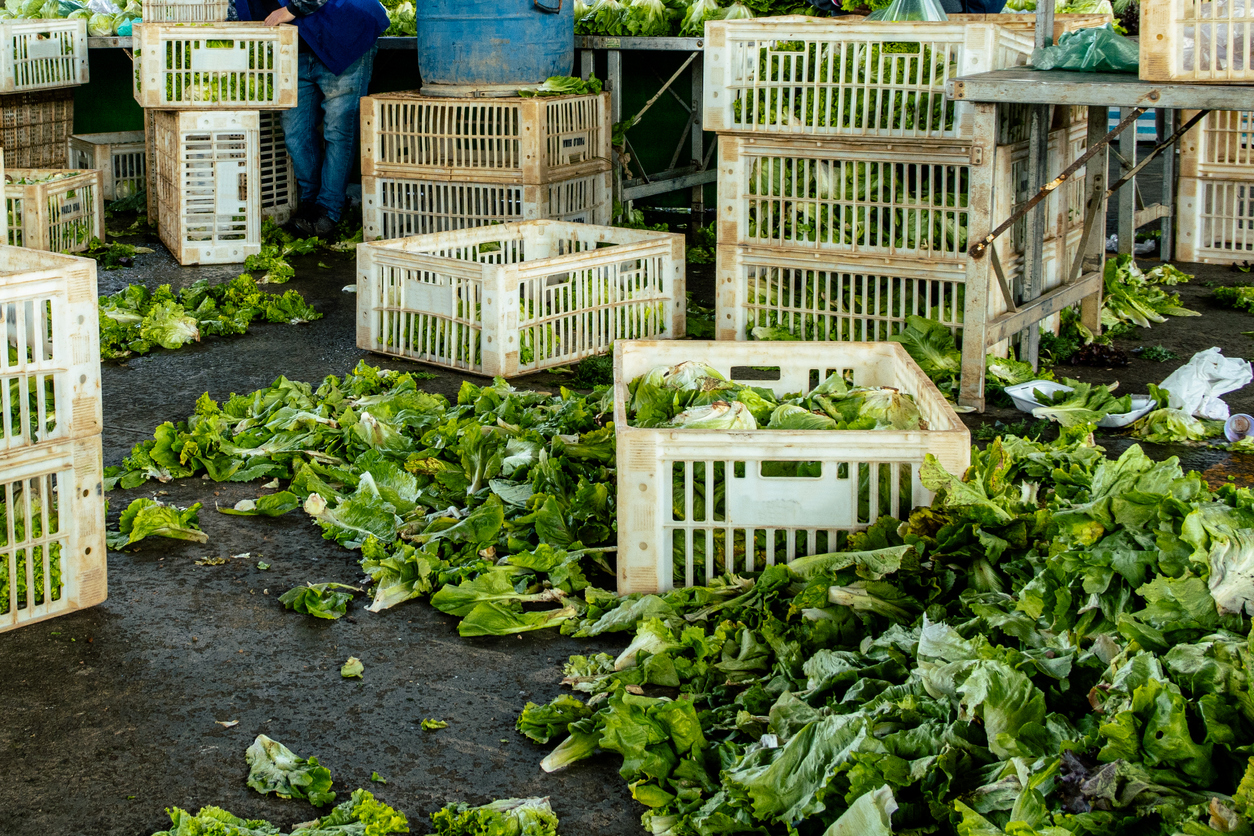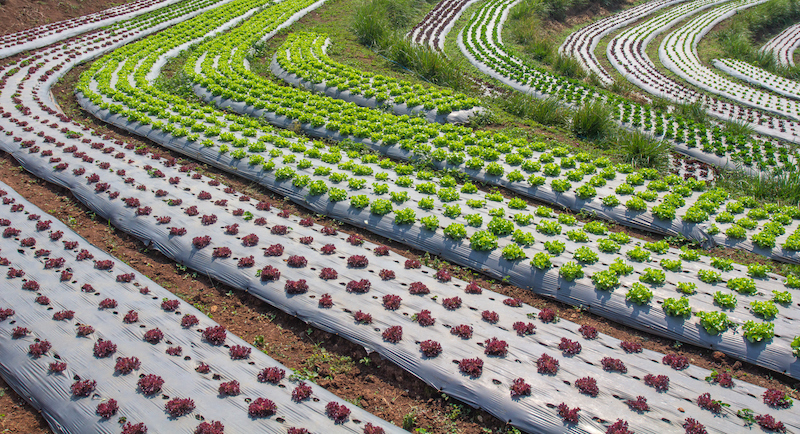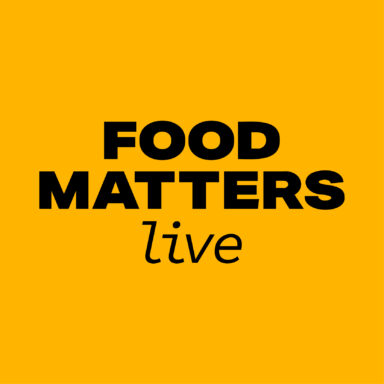Sustainability Manager Cerys Jenkins-Lowe on plant-based innovation, regenerative agriculture and Heart with Smart’s journey to net-zero

Food Matters Live recently interviewed Cerys Jenkins-Lowe, the Sustainability Manager at Heart with Smart, ahead of the Sustainable Sourcing event in April. Cerys is responsible for overseeing the development and implementation of the company’s ESG strategy and coordinating the decarbonisation efforts of popular food brands such as Pizza Hut and Itsu.
During the event, Cerys will participate in a panel discussion that will explore the ingredient sourcing priorities of retailers, manufacturers, and QSRs, sharing her insights and experiences to help drive sustainable sourcing strategies forward.
How is Heart with Smart working to minimise its environmental impact across the supply chain?
Heart with Smart’s top priority is decarbonisation. To this end, we are currently focusing on identifying and addressing our carbon hotspots, and collaborating with our suppliers to adopt a reduction-first carbon strategy that aligns with climate science.
Recently, we had our Science-Based Targets validated for both the near-term (up to 2030) and net zero by 2040. We are proud to be founding members of the Zero Carbon Forum, which is an industry collective working towards achieving Net Zero at a faster pace.
We initially focused on improving sustainability with our material suppliers, but now we are extending our approach to the rest of our supply base. Rather than reinventing the wheel, we aim to build upon existing supplier sustainability strategies, and use our expertise to help those suppliers who are a little behind.
In addition to this, Heart with Smart’s strategy also takes into account our impact on water, biodiversity, people, and economics. We are proud members of the Sustainable Restaurant Association, and we have signed the WRAP’s Courtauld commitment. These organisations support us in our efforts to improve sustainability in a wider range of areas.
Would you say that price and taste remain the most important concerns for your customers or is sustainability now a non-negotiable as well?
Price, taste, and customer experience remain the primary concerns for our guests. But at Heart with Smart, we’re not focused on sustainability because it’s something our customers want – it’s what our planet needs, it’s how we want to do business, and we know it’s the right thing to do.
“We’re not focused on sustainability because it’s something our customers want – it’s what our planet needs, it’s how we want to do business, and we know it’s the right thing to do.”
With that said consumers are expecting more of the food system and hospitality providers. Although sustainability may not be their primary concern while making purchasing decisions, companies that fail to meet sustainability standards are viewed negatively by consumers. This can eventually catch up with brands and affect their reputation.
Why do you think plant-based meat products are beginning to achieve consumer acceptance in the food service industry?
I believe it’s a convergence of factors. Firstly, there’s a growing openness among consumers to reduce their meat intake, leading to an increased demand for meatless products – a demand that businesses are eager to meet. This then sets off a cycle where more available products drive greater acceptance, perpetuating the trend.
Moreover, social media has played a significant role in popularising meatless alternatives as well as the widespread perception that they are healthier or less indulgent than their meat counterparts. But most importantly, these meatless products taste great, and that keeps consumers coming back.
Are there any emerging ingredient innovations or sustainable technologies that have caught your eye?
I’m particularly interested in regenerative agriculture – the impact these practices have on our food system, how we can work with farmers to transition to more sustainable production methods, and how we use regenerative ingredients to create a marketplace that funds or incentivises this transition.
“Social media has played a significant role in popularising meatless alternatives as well as the widespread perception that they are healthier or less indulgent than their meat counterparts. But most importantly, these meatless products taste great, and that keeps consumers coming back.”
One of the biggest challenges I face in my role is how to accurately represent all the positive work we are doing in our supply chains through data, and in a way that does not add a significant amount of cost or additional burden. There are numerous innovative technological solutions available to help address these challenges, and I am excited to explore them.
What are some learnings that you’re looking forward to sharing as you take to the stage at Sustainable Sourcing this April?
First and foremost, I’m looking forward to learning myself! It’s always valuable and energising to discuss challenges and successes openly with other sustainability and food professionals.
With that said, I’m keen to share the excellent results we’ve achieved in our cheese supply chains. Our supplier has taken the lead in a project that involves providing lean training to dairy farmers, improving farm efficiency, and reducing carbon footprints.
The project has resulted in significant carbon reductions in the first year, while also saving farmers money – a win-win situation. I want to explore how we can expand this approach to other supply chains for an even greater impact.

















